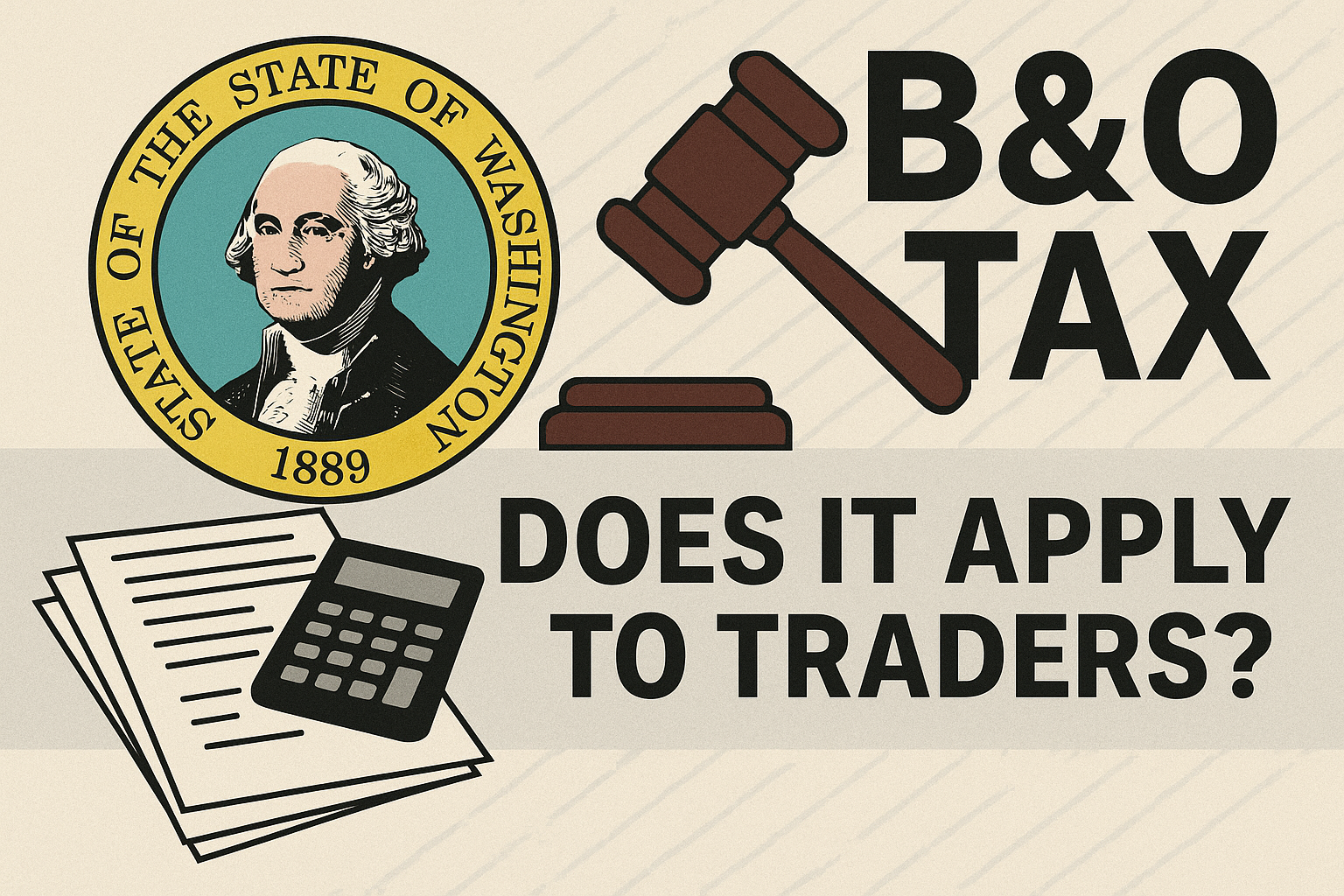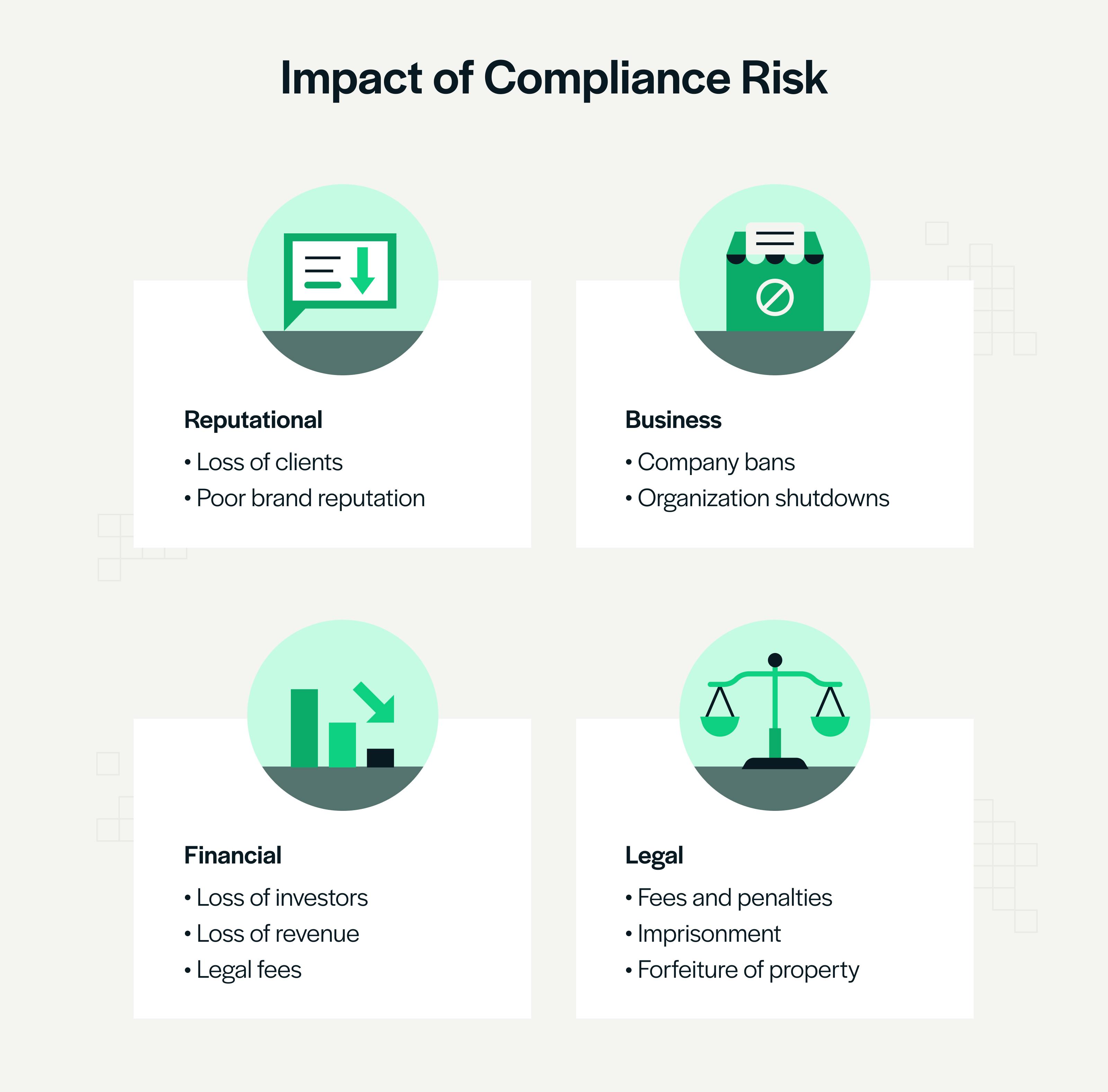Did you know that a single missed compliance requirement in day trading can cost you more than just a bad hair day? In the fast-paced world of day trading, understanding the legal landscape is crucial. This article delves into the legal risks associated with non-compliance, exploring potential fines, penalties, and the governing laws that every trader must heed. We’ll cover the legal actions regulators can take, the serious implications of tax evasion, and the dangers of insider trading. Additionally, we’ll examine how non-compliance can lead to trading bans, affect licensing, and impact your long-term career prospects. Finally, we’ll provide actionable steps to ensure you stay compliant and maintain your reputation in the trading community. Stay informed with DayTradingBusiness to navigate the complex legal waters of day trading effectively.
What are the legal risks of not following trading regulations?
Not following trading regulations can lead to hefty fines, license revocations, and legal charges like fraud or market manipulation. You might face civil lawsuits or criminal prosecution, resulting in jail time or significant financial penalties. Regulatory agencies can seize assets, freeze accounts, and bar you from future trading. Non-compliance also damages your reputation, making it hard to operate legally in the future.
How can non-compliance lead to fines or penalties in day trading?
Non-compliance with regulations like SEC rules or broker requirements can result in fines, penalties, or account suspension. Violating rules such as pattern day trading limits or failing to report income can trigger legal action. Regulatory agencies may impose monetary penalties or even criminal charges for serious violations.
What laws govern day trading activities and their violations?
Day trading activities are governed by financial regulations from bodies like the SEC and FINRA. Violations include market manipulation, insider trading, and failing to register as a broker if required. Penalties for non-compliance range from fines and account bans to criminal charges and jail time. Always follow rules on disclosures, reporting, and trading practices to avoid legal consequences.
What legal actions can regulators take against non-compliant traders?
Regulators can impose fines, suspend or revoke trading licenses, ban traders from markets, initiate civil or criminal charges, and seek court orders to stop non-compliant trading practices.
How does tax evasion relate to illegal day trading practices?
Tax evasion in day trading involves hiding or underreporting profits to avoid taxes, which is illegal. If day traders don't report their earnings accurately, they risk criminal charges, hefty fines, and penalties. Illegal day trading practices, like using unapproved methods or insider info, can lead to investigations that uncover tax evasion schemes. Both tax evasion and illegal trading violate financial laws, making traders subject to legal action and loss of trading privileges.
What are the consequences of using insider information in day trading?

Using insider information in day trading can lead to severe legal consequences like fines, criminal charges, and imprisonment. Regulatory agencies such as the SEC can sue for securities fraud, resulting in hefty penalties and bans from trading. It also damages your reputation and can cause civil lawsuits from affected investors.
Can non-compliance result in trading bans or account freezes?
Yes, non-compliance can lead to trading bans or account freezes. Regulators and brokers enforce rules strictly; violating them often results in account suspension or permanent bans to prevent fraud and protect market integrity.
How does failure to report earnings impact legal standing?
Failing to report earnings can lead to legal penalties like fines, sanctions, or criminal charges for tax evasion. It weakens your legal standing by breaching securities laws and regulatory requirements, risking investigations and damage to reputation. Courts may view non-reporting as evidence of fraudulent intent, increasing the likelihood of legal action.
What are common legal violations in day trading?
Common legal violations in day trading include insider trading, market manipulation, misrepresentation, and failing to register with regulatory agencies like the SEC. Traders often face legal consequences for making false statements, executing disruptive trades, or neglecting reporting requirements. Using unapproved trading platforms or violating pattern day trader rules also lead to penalties.
How does non-compliance affect a trader’s licensing or certification?

Non-compliance can lead to license suspension, revocation, fines, and legal action against a trader. It may also disqualify a trader from future licensing opportunities and damage credibility. Regulatory authorities can impose penalties that prevent continued trading or require corrective measures before reinstatement.
What penalties exist for fraudulent activities in day trading?
Penalties for fraudulent day trading include hefty fines, suspension or permanent bans from trading platforms, civil lawsuits, and criminal charges leading to hefty jail sentences. Regulatory agencies like the SEC and FINRA can impose fines and revoke licenses. Convictions can result in felony charges, probation, and restitution orders.
How can legal consequences influence a trader’s future career?
Legal consequences can tarnish a trader’s reputation, making it hard to find future opportunities. They may face fines, bans, or criminal charges that limit trading options. A criminal record or regulatory action can scare off brokers and employers. Legal trouble also drains resources and time, distracting from skill development and growth. Overall, non-compliance risks long-term career stability and credibility in the trading industry.
What steps can traders take to ensure compliance with trading laws?
Traders should stay updated on relevant regulations, consult legal experts, and follow the rules of their trading platforms. They must maintain accurate records of all transactions, avoid insider trading, and adhere to reporting requirements. Regularly review compliance guidelines, use compliant trading strategies, and stay informed about legal changes to prevent violations.
How does non-compliance impact reputation and legal liability?

Non-compliance in day trading damages reputation by eroding trust with clients and partners, making future business harder. Legally, it exposes traders to fines, penalties, and lawsuits, which can lead to license suspension or revocation. Violating trading regulations can also result in criminal charges, increasing personal liability. Overall, non-compliance risks both financial penalties and long-term trust erosion.
What are the differences in legal consequences between individual and institutional traders?
Individual traders face personal legal penalties, like fines or criminal charges, if they violate trading laws. Institutional traders, representing firms, can lead to corporate fines, lawsuits, or regulatory sanctions for non-compliance. Individuals are personally liable, while institutions are accountable through their legal entities, often facing broader consequences for systemic violations.
Conclusion about Legal Consequences of Non-Compliance in Day Trading
In summary, non-compliance with trading regulations poses significant legal risks for both individual and institutional traders. Violations can lead to substantial fines, account freezes, and even trading bans, severely impacting a trader's reputation and future career. Understanding the laws governing day trading and taking proactive steps to ensure compliance is crucial for mitigating these risks. For comprehensive guidance and resources on navigating trading regulations, consider leveraging the expertise offered by DayTradingBusiness.
Learn about Legal Consequences of Insider Trading for Day Traders